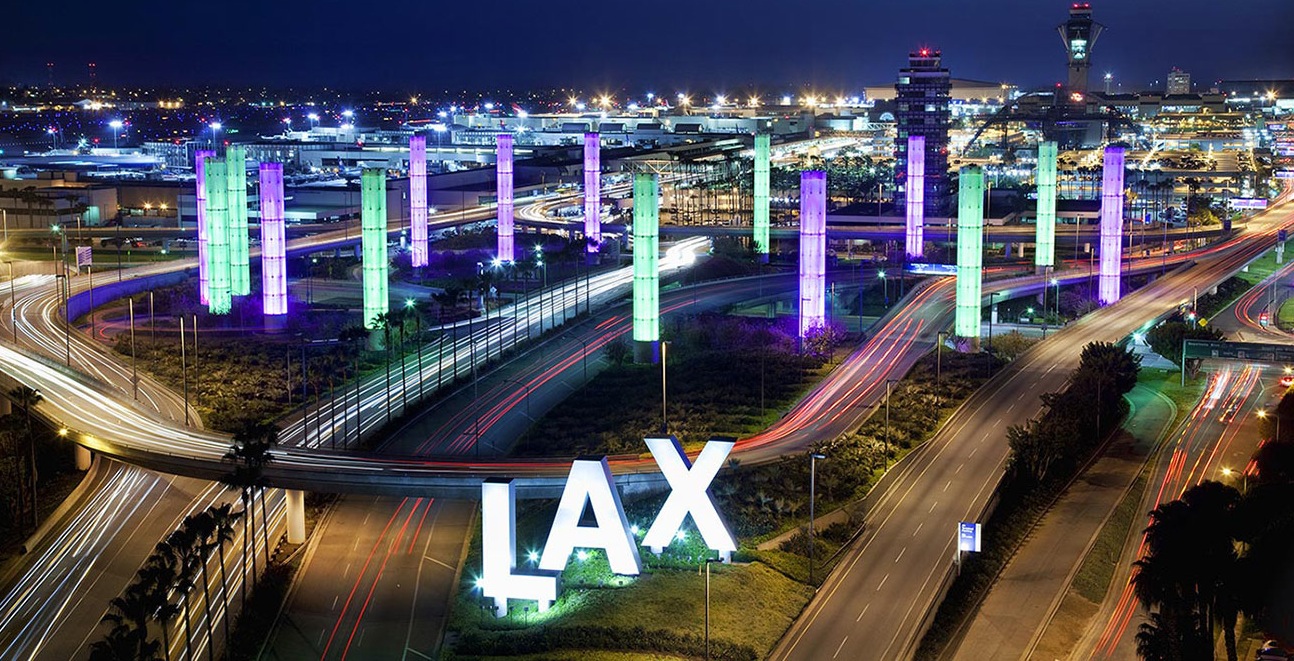Hare Krishnas Cannot Solicit Donations at Los Angeles Airport
By Lorraine Bailey | Aug 27, 2014

A ban on soliciting donations at Los Angeles International Airport does not tread on Hare Krishna members’ free speech rights, the 9th Circuit ruled Wednesday.
A city ordinance forbids the immediate solicitation of money at Los Angeles International Airport (LAX), including the terminals, the parking lots, and adjacent sidewalks.
The law bans “the sale or offering for sale of any property upon the representation, express or implied, that the proceeds of such sale will be used for a charitable or religious purpose.”
However, it permits the solicitation of future donations via preaddressed envelopes or online.
The International Society for Krishna Consciousness of California (ISKCON), also known as the Hare Krishna movement, challenged the ordinance in federal court. Members of the religion are required to evangelize, distribute religious literature, and solicit donations, a practice known as sankirtan.
The religious group says that practicing sankirtan at LAX is “particularly vital” to their aim of proselytizing to “people from all over the world.
However, a federal judge ruled against ISKCON, and the 9th Circuit affirmed Wednesday, finding that the law is a reasonable restriction on freedom of speech.
The Supreme Court noted in 1992 that solicitation often causes pedestrian congestion, an especially acute problem in busy airports when a short delay may cause a passenger to miss their flight.
“Appellees have provided ample, unrefuted testimony indicating that LAX is a venue whose inherent crowdedness solicitors only exacerbate,” Judge John Noonan said, writing for the three-judge panel.
In addition, solicitation also raises the likelihood that passengers will be exposed to fraud, the court stated.
“For example, Laponda Fitchpatrick, an airport police captain, declared that solicitors often run a familiar scheme: they will pose as ‘Airport Ambassadors,’ purport to provide information (correct, or not) to travelers, reveal later that they are also soliciting funds for a particular cause, and collect money from the travelers who typically ‘feel obligated to provide the solicitor with a donation because of the circumstances,'” Noonan said. “Myriad other examples of solicitor fraud dot the record: solicitors using badges to deceive travelers; solicitors pretending to work for disaster relief organizations; and solicitors posing as City employees to bilk travelers. According to eyewitness declarations, ISKCON solicitors are themselves not exempt from practicing chicanery.”
Further exacerbating the problem, many travelers may not speak fluent English, and may not have the time to make a formal complaint, the court found.
ISKCON argued that subsisting on donations via preaddressed envelopes is not a feasible alternative because only about 10 percent of those solicited follow through with the donation.
But “while ISKCON might justifiably prefer to obtain money from travelers on the spot, nothing prevents the group from raising money in countless other ways at countless other venues. In this case, the First Amendment demands no more,” the 22-page opinion said.















